Video game development is nothing short of magic. Games are absurdly difficult to create and downright impossible with the wrong tools. Unfortunately for Yager, the original developer of Dead Island 2, Unreal Engine 4 “essentially doomed the project,” a new report suggests.
According to Game Informer’s new report, which includes interviews conducted between 2019 and 2023, Unreal Engine 4 simply wasn’t able to achieve the lofty ambitions Yager and publisher Deep Silver had for the game.
Developers interviewed by Game Informer said Unreal Engine 4 simply wasn’t suitable for an open-world title. On PC, it ran fine, but PS4 and Xbox One consoles “couldn’t stream the content fast enough, so you’re just kind of sitting in this big, empty area waiting for all the buildings to load and that kind of stuff,” according to one developer.
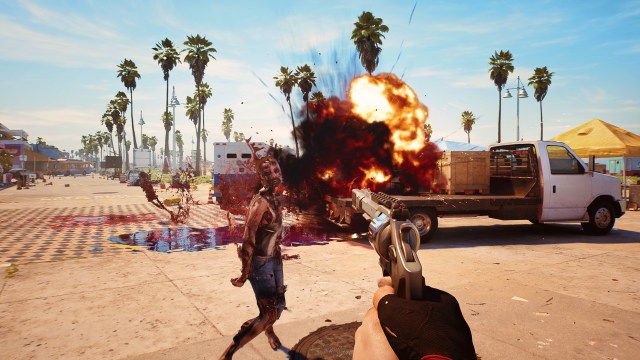
Of course, Dead Island 2 did launch on UE4, and we liked it. But the levels and online components were scaled down from the original vision. You were originally supposed to be able to play in three sandbox levels, where you’d be joined by friends and strangers to play about in the world and tackle the campaign whenever you wanted. This was reportedly due to publisher Deep Silver saying “we want seamless multiplayer” without knowing what it even meant by that.
Due to the nature of Yager winning the development rights to the game, development was hamstrung from the start by a budget estimated by Game Informer’s sources to have been a quarter or a third of what was actually needed. This is reportedly a common tactic for Deep Silver. It courts bids for a game and goes with the lowest, and the developer then hopes to reach a point where the sunk cost fallacy kicks in and the publisher will give it more money once the project is far enough along.
On top of corporate greed, Yager also reportedly adopted Valve’s infamous flat work structure after its handbook leaked in 2012, leading to further problems. “It was flat to the point that it became ridiculous,” Game Informer was told. “Anybody could suggest anything.”
This report sheds new light on Dead Island 2’s infamous development. It’s a warning to overly ambitious but penny-pinching publishers and studios keen to emulate what works for their peers without first making sure it can work for them. Many fans likely hope they won’t have to wait 10 years for Dead Island 3.


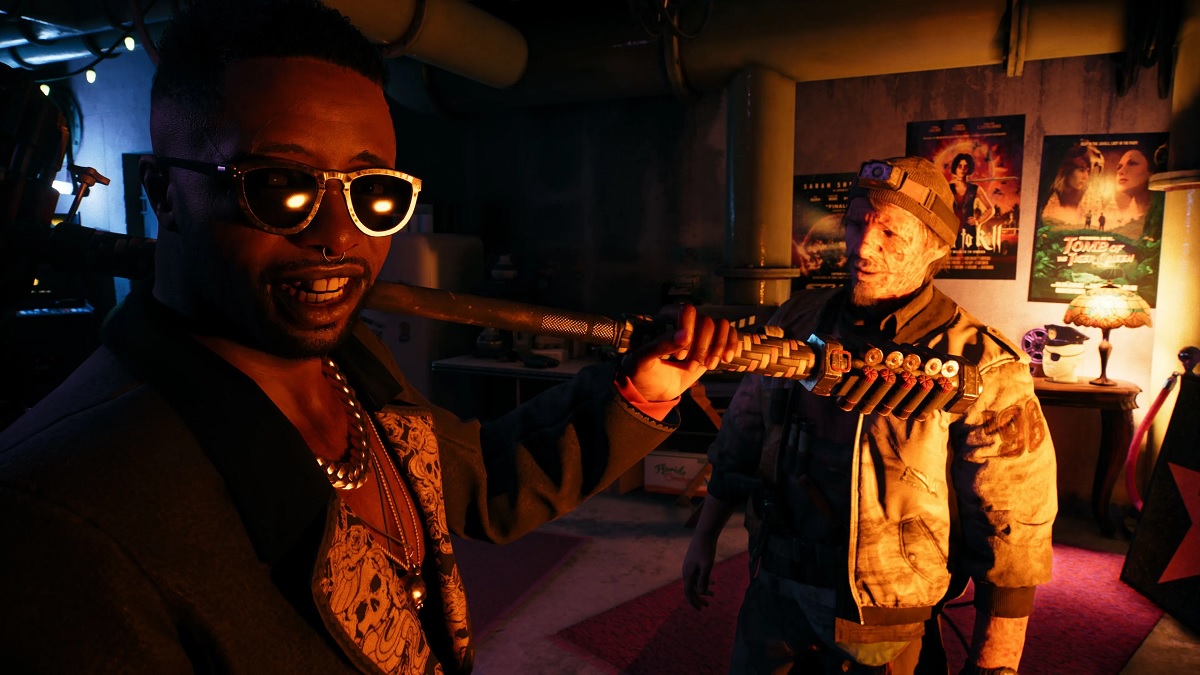
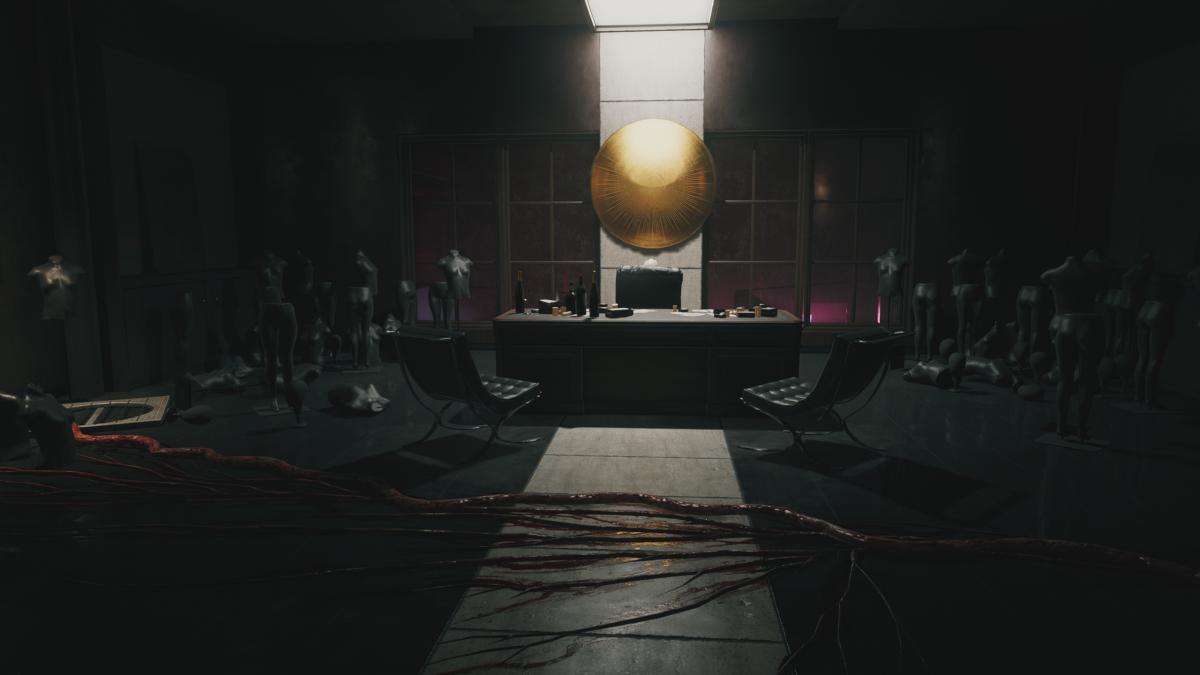
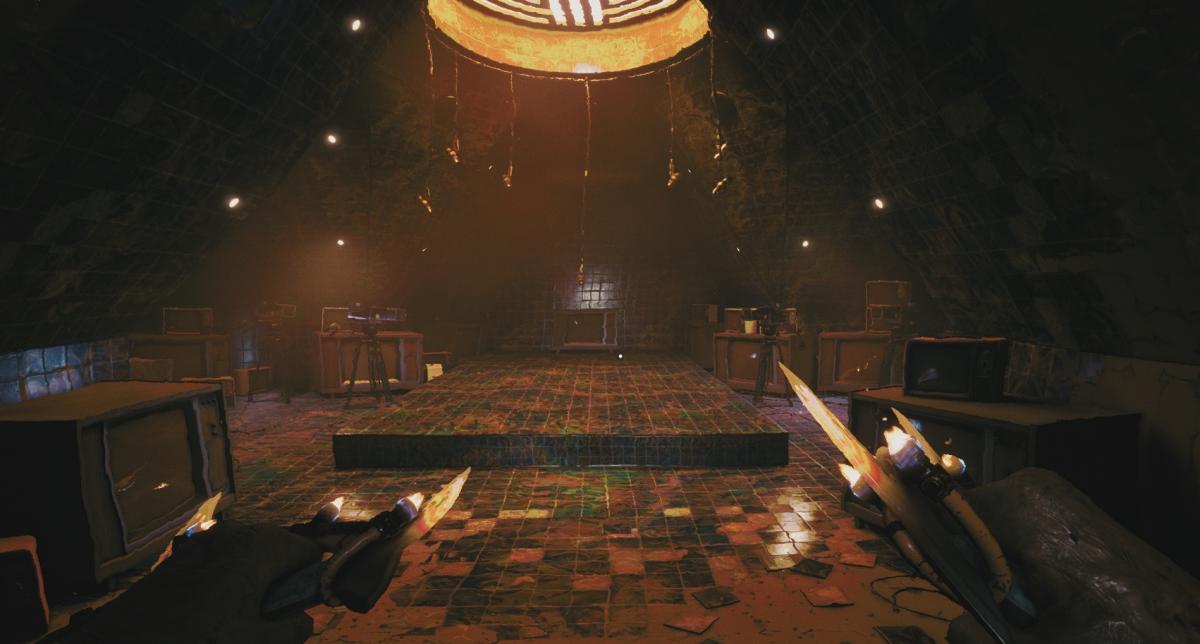
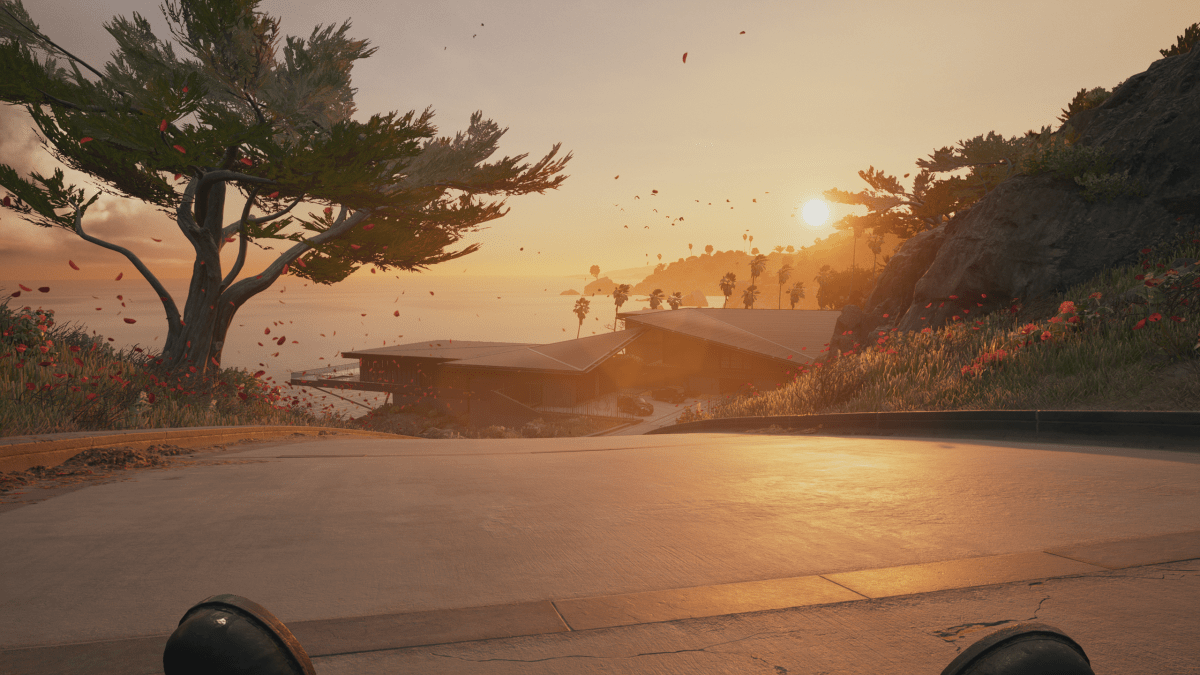
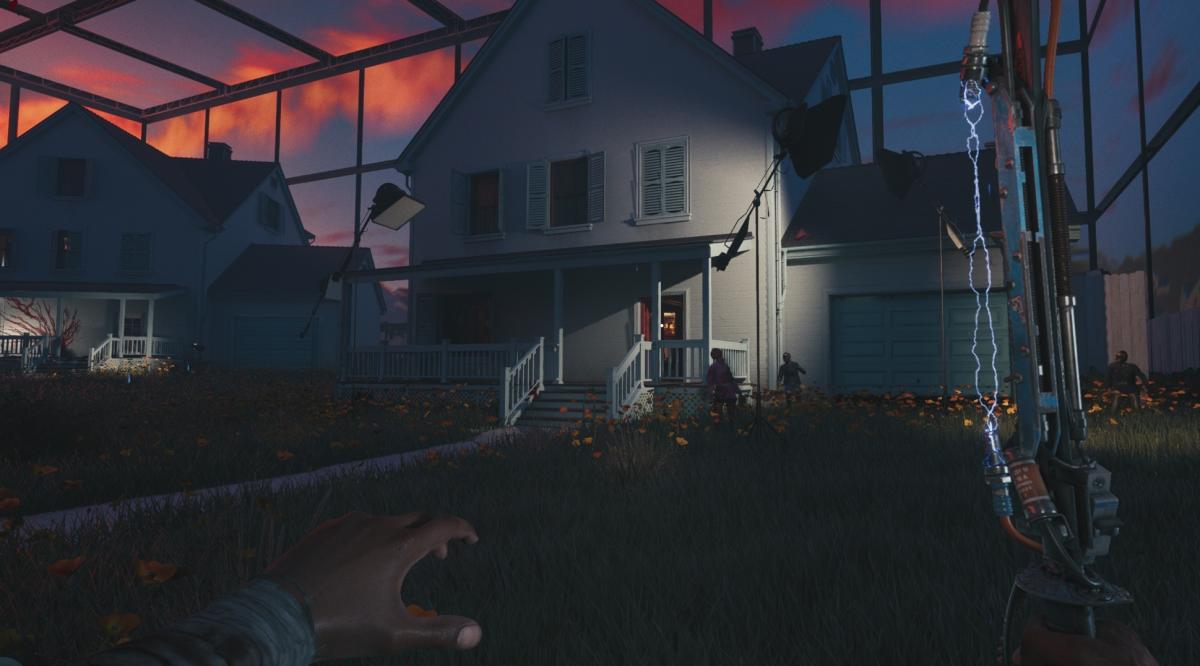
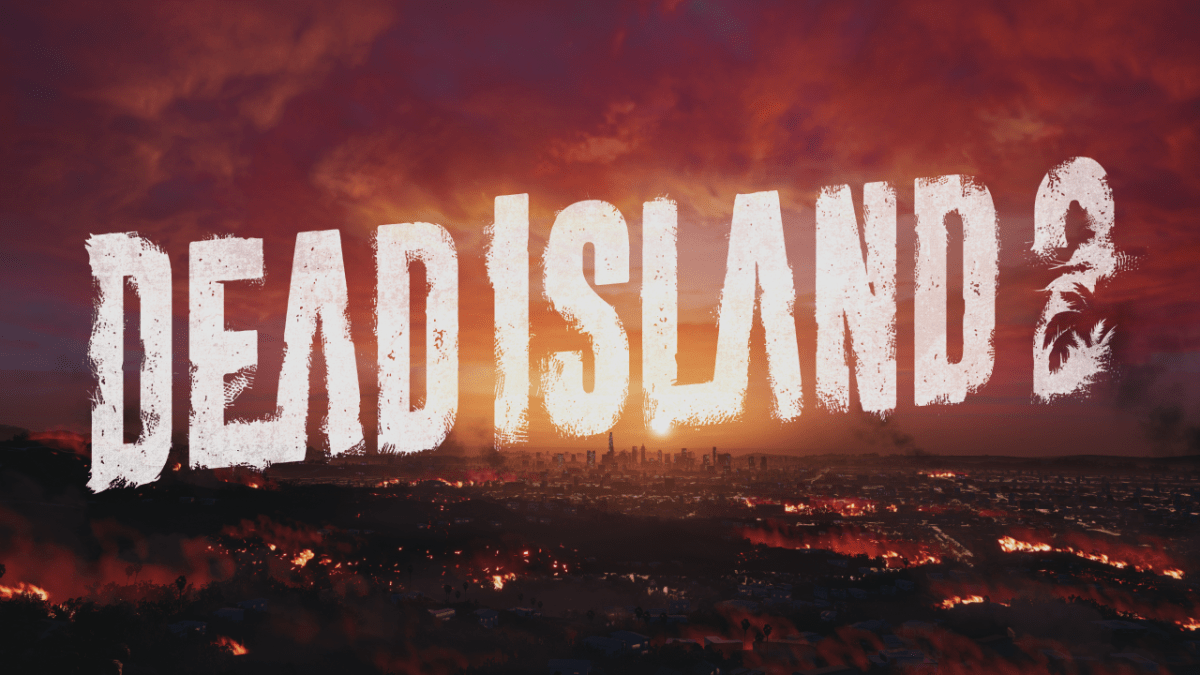
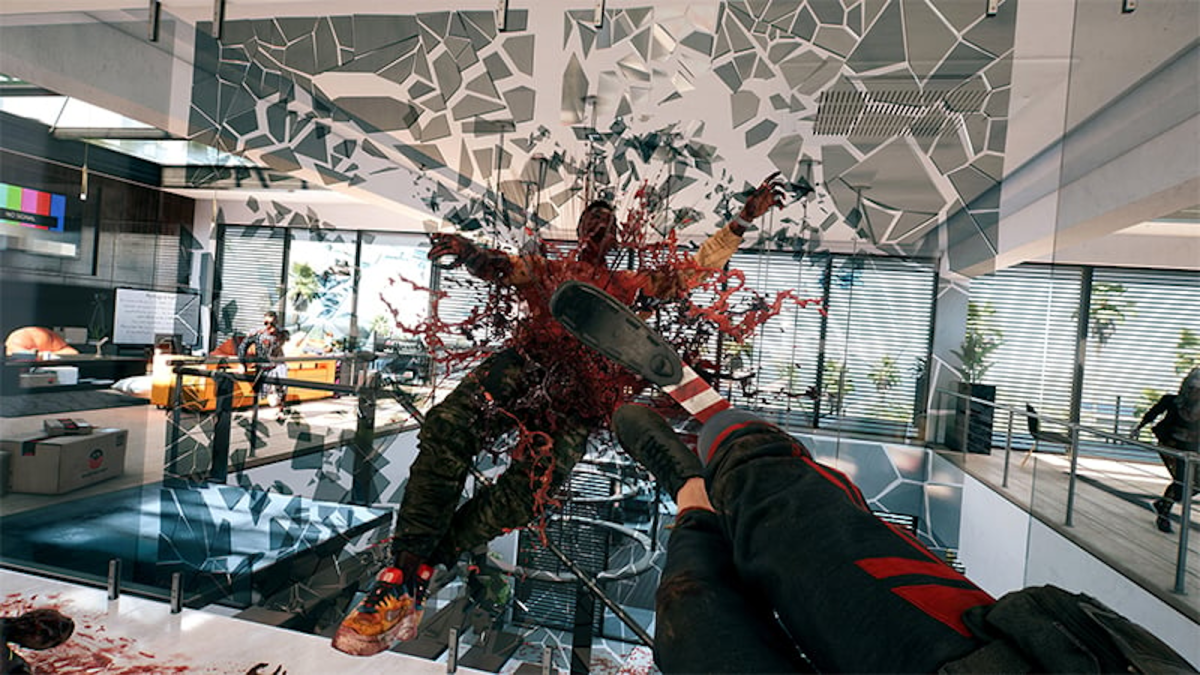
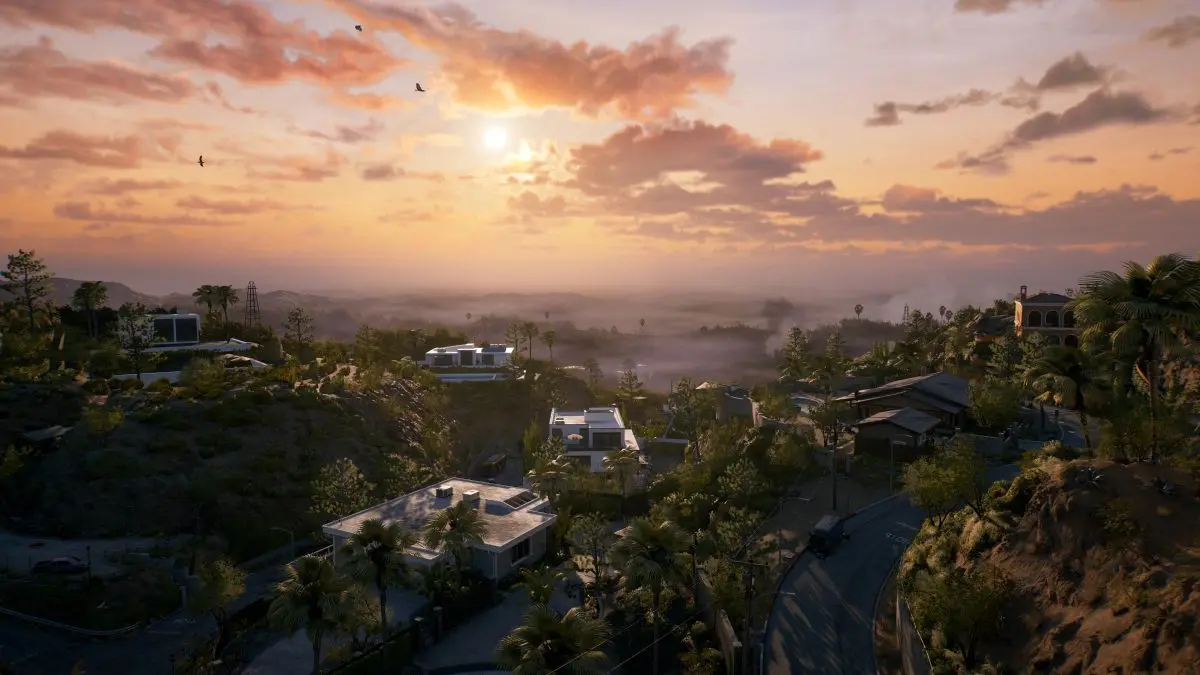
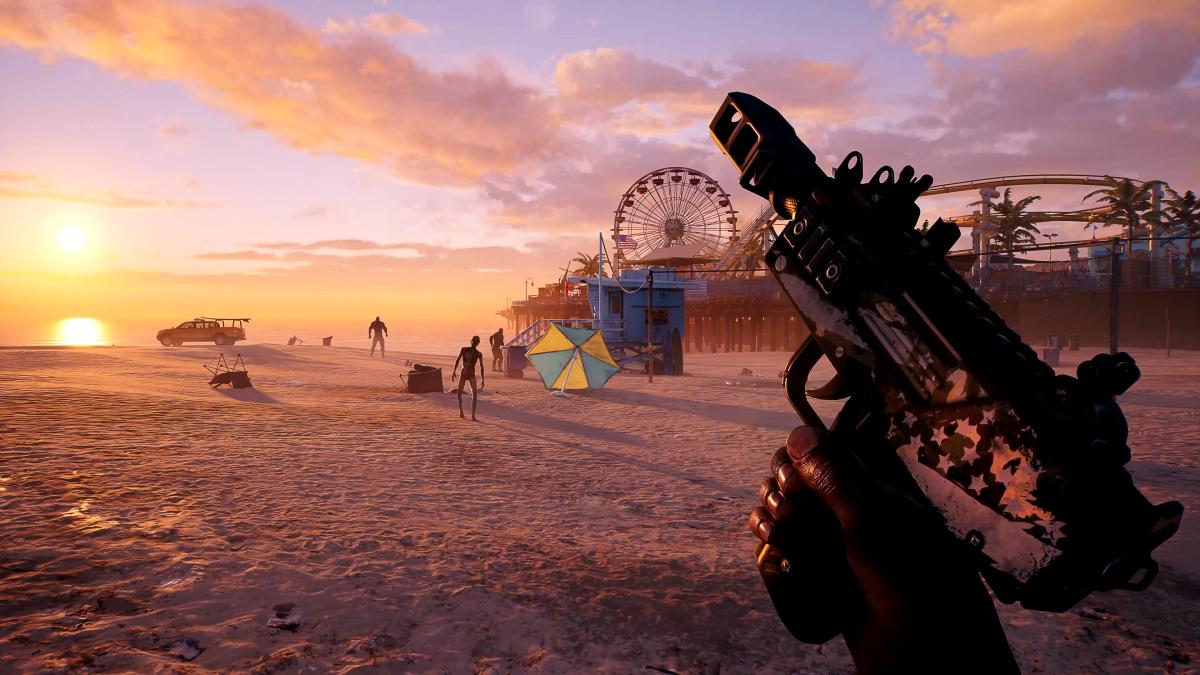

Published: Jun 20, 2023 12:01 pm